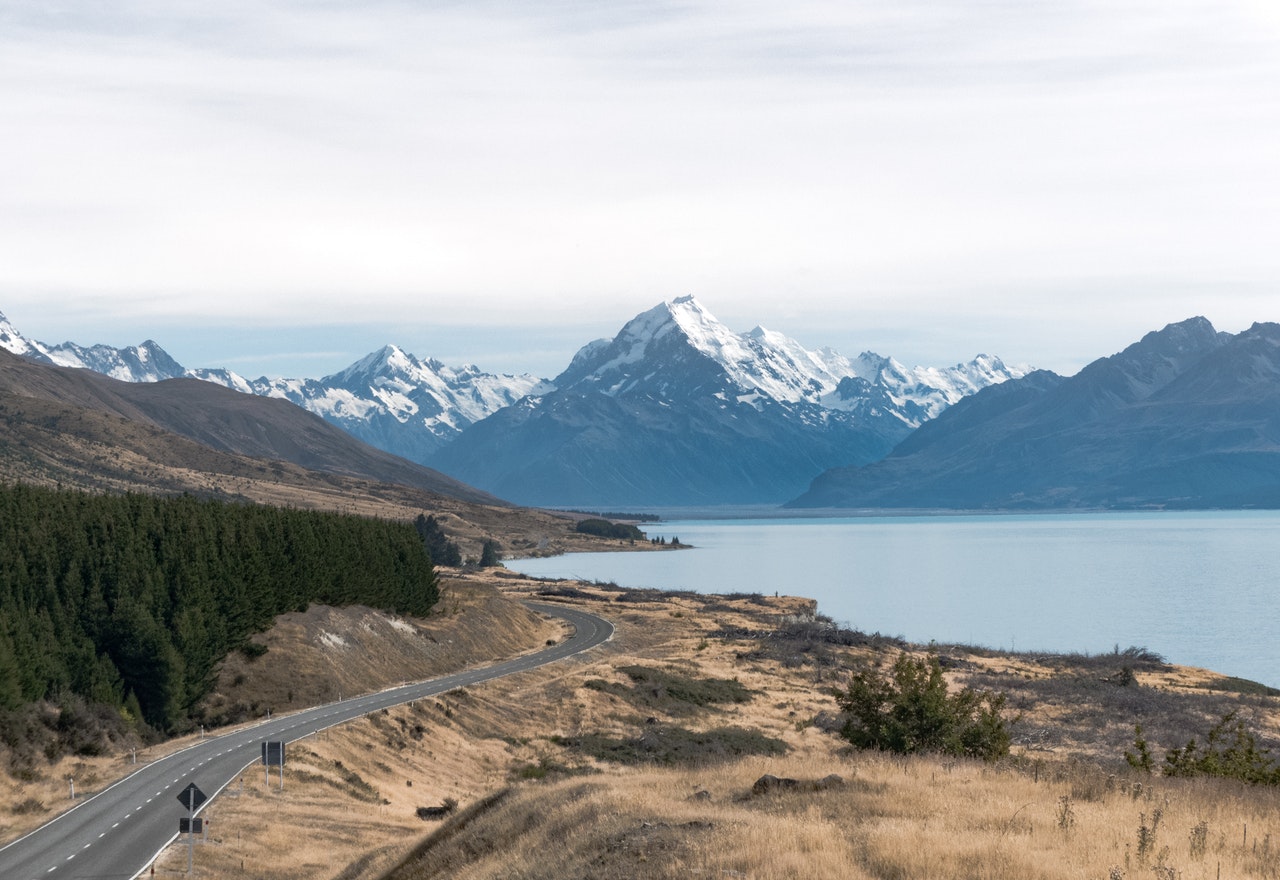Immigration To NZ Reopens – What Do You Need To Be Qualified
After two long years of a strict national lockdown that effectively turned New Zealand into an island fortress, the pint sized paradise at the end of the world is finally preparing to reopen its borders to both foreign tourists, and to immigrants.
As you may know, New Zealand has long been a favoured destination for aspiring immigrants and expats from all over the world on account of its high living standards and buoyant economy and as such, is able to be very selective about just who it lets in.
In this post we will take a closer look at the finer points of emigrating to New Zealand and exactly what applicants need to do in order to be considered.
What’s Happening?
On 12th May 2022, the New Zealand government announced that it intends to begin re-opening its maritime (ie, international) borders from 4th July 2022 a whole 3 months earlier than was originally anticipated.
However, whilst this is encouraging they are not throwing open the floodgates quite yet. Afterall, New Zealand locked down hard in its effort to contain the COVID-19 pandemic and was rewarded with one of the best outcomes in the world with infection rates and deaths remarkably low. With that in mind the island(s) nation is initially only re-opening to applicants from Pacific Island Forum countries which includes Fiji, Kiribati, and Papua New Guinea.
Fully vaccinated visitors from Australia have already been allowed to enter New Zealand from 1st May 2022.
Whilst aspiring immigrants from the rest of the world may sigh with disappointment, this tentative step by the New Zealand government must be welcomed as a positive one – the direction of traffic is at long last beginning to appear encouraging and there is talk of the rest of the world being considered for admission from 31 July presuming that the initial pilot does not result in a spike in COVID-19 cases.
New Zealand’s New Immigration Green List
Moving on from the border point, let’s now take a closer look at what this means specifically for immigrants looking to settle on either of New Zealand’s 2 islands.
New Zealand has announced a “Green List” of 56 jobs and professions and migrants who are suitably able and qualified to fill this role can immediately apply for full residency, waiving the usual requirement for them to first enter on a temporary, work visa. The list also contains a further 29 jobs and professions in which migrants can apply for expedited residency after 2 years. Additionally, all immigrants earning over $115,480 (NZD) will be able to apply for residency after 2 years regardless of their profession.
This is something of a big deal. Usually, the journey towards obtaining residency in New Zealand can take a number of years, and multiple temporary visa applications along the way.
Still, despite these encouraging overtures there have been some fairly scathing criticisms of the re-opening policy. A policy advisor to the Jacinda Hearne government went on the record to accuse the policy of being too narrow, and illogically prefencing some professions over others regardless job vacancy levels,
“Why are they singling out a small group? Why not plumbers and teachers? We need builders and chefs, are they not highly-skilled too? Are midwives not as important as doctors?” .
Furthermore, the policy exception stating that all immigrants earning over $115,480 can apply after 2 years, does somewhat undermine the government’s claim that the policy was designed in good faith to fill certain job vacancies and invites accusations that residency can simply be bought by those with deep enough pockets.
Emigrating To New Zealand – What You Need To Know
New Zealand will still consider temporary work visa applications from all comers regardless of profession or skill level. Still, long term work visas for unskilled workers from New Zealand are notoriously hard to obtain. The full “Green List” of sought after occupations can be found here and if you are lucky enough to be qualified, then your chances of being considered for residency in New Zealand are looking favourable.
After 5 years of residency in New Zealand, residents can then apply for full citizenship. New Zealand does allow citizens to hold multiple passports so applicants do not have to worry about surrendering their original nationality in order to obtain a new one.
It probably goes without saying at this stage that any applicant to enter New Zealand will have to be fully vaccinated against COVID-19 and furthermore should bear in mind that in the event of a further pandemic the nation may once again decide to completely shut its borders.
One other concern that immigrants to New Zealand have to contend with is dealing with any assets from their previous lives. Whilst some may wish to keep their houses in their country of origin, others will prefer to sell up and use the proceeds to procure a new house in New Zealand. Once this has been done, it is vitally important to shop around to find the best way to deal with the transferring funds to NZ as moving large sums of money internationally can incur hefty costs and fees.
Final Thoughts
Making a new life in New Zealand is not easy. The country is a long way from anywhere and flights to and from the nation do not come cheap. Work visas have to be hard earned, and the high cost of living can make it tough to get a hold for newcomers. Still, those who successfully make the switch do not tend to look back and find that moving to New Zealand is amongst the best moves that they ever made.

